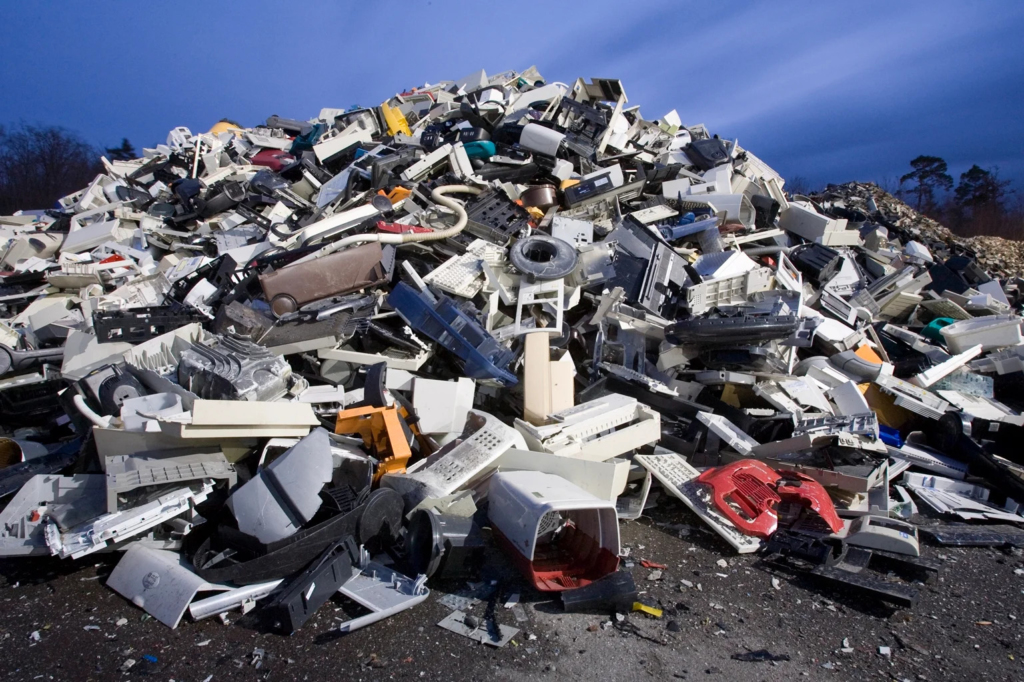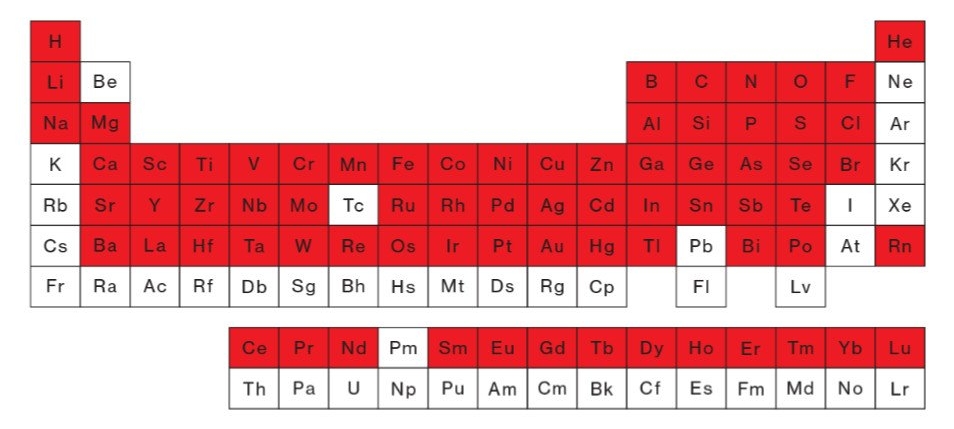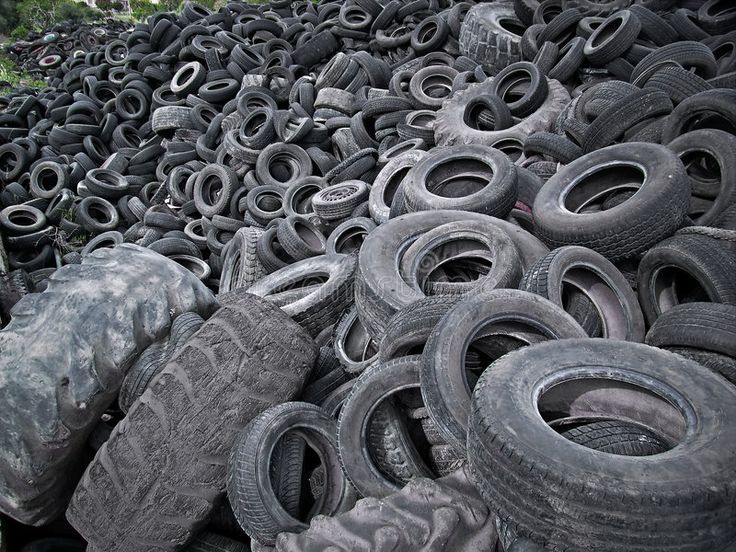Demystifying E-Waste Recycling
In our digital age, electronic devices have become indispensable tools that enhance our lives and connect us globally. However, the rapid pace of technological innovation has also led to a staggering accumulation of electronic waste, or e-waste. To address the environmental and health hazards associated with e-waste, responsible disposal, and recycling practices are crucial. In this article, we delve into the depths of e-waste recycling, exploring its environmental impact, resource conservation, data security, regulatory compliance, economic opportunities, and the significance of education and awareness in fostering a sustainable future.

Environmental Impact of E-Waste
E-waste poses significant environmental challenges due to the hazardous substances it contains. When improperly disposed of in landfills or incinerated, electronic devices release toxins into the environment. Responsible e-waste recycling ensures that these toxic materials are safely extracted, preventing their release into the environment and reducing the ecological footprint associated with electronics consumption. Additionally, e-waste recycling significantly reduces energy consumption and greenhouse gas emissions. By recycling electronics, we conserve energy and reduce the demand for resource-intensive mining and manufacturing processes, thereby mitigating the environmental impact of the electronics industry.
Resource Conservation and Recovery
Electronic devices contain valuable and finite resources, including precious metals, rare earth elements, and various other components. Recycling e-waste enables the recovery and reuse of these valuable materials, minimizing resource depletion and promoting a more sustainable approach to resource management. Precious metals such as gold, silver, and palladium can be extracted through recycling processes, reducing the need for new mining operations. By extending the lifespan of these materials, e-waste recycling minimizes resource depletion and supports a more circular economy. Additionally, recycling e-waste reduces the burden on landfill space. Electronic devices often contain non-biodegradable materials that take up significant landfill capacity. By diverting e-waste from landfills through recycling, we alleviate pressure on these sites and create space for more sustainable waste management practices.

Data Security and Privacy
Improper disposal of electronic devices can expose individuals and organizations to the risk of data breaches and identity theft. Responsible e-waste recycling ensures data security and privacy by employing rigorous data sanitization processes. Secure data wiping or physical destruction of storage devices guarantees that sensitive information is irretrievable, providing peace of mind to individuals and businesses. By recycling electronics through certified programs, individuals and organizations can have confidence that their data is protected throughout the recycling process.
Compliance with Regulations
To combat the growing e-waste problem, many countries and regions have implemented regulations governing the proper management and disposal of electronic waste. Responsible e-waste recycling ensures compliance with these regulations, preventing illegal dumping and uncontrolled handling of hazardous materials. By working with certified e-waste recyclers, businesses, and individuals demonstrate their commitment to environmental stewardship and support the development of a transparent and accountable e-waste recycling industry.
Economic Opportunities and Job Creation
The recycling industry creates jobs in various sectors, contributing to economic growth and stability. Recycling e-waste generates employment opportunities in collection, sorting, refurbishment, and material recovery. By promoting local recycling initiatives and supporting certified e-waste recyclers, communities can benefit from job creation and economic prosperity. Additionally, the extraction and recovery of valuable materials from e-waste support a more circular economy, reducing the need for costly raw material extraction and promoting sustainable resource management.
Education and Awareness
Enhancing education and raising awareness about responsible e-waste recycling is crucial for fostering a culture of sustainability. Educational programs can empower individuals to make informed decisions about e-waste disposal, proper recycling methods, and the environmental impact of electronic devices. By instilling these values at an early age, we empower future generations to become responsible
Wrap up
Responsible e-waste recycling is vital in addressing the environmental, social, and economic impacts associated with the growing volume of e-waste. By properly recycling electronics, we reduce pollution, conserve valuable resources, protect data privacy, comply with regulations, create economic opportunities, and promote education and awareness. Embracing a circular economy mindset in the electronics industry is key to promoting sustainable consumption, resource conservation, and environmental protection. Together, let us prioritize responsible e-waste recycling to create a healthier, greener, and more sustainable future.


